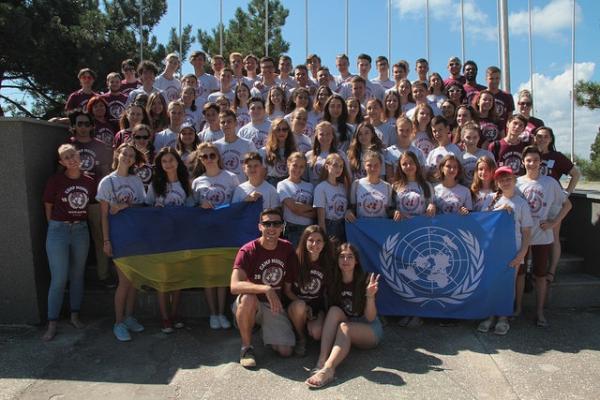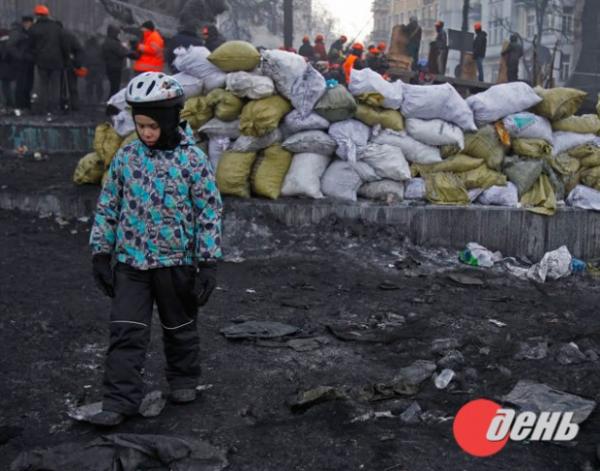On the 24th of February 2012 Prome Minister of Ukraine Mykola Azarov met fot consultations with civic organizations on social protection of the population issues.
Larysa Baida from “National Assembly of Disabled of Ukraine”, Raisa Kravchenko from “Coalition of Protection of Rights of the Disabled and Persons with Intellectual Disabilities”, Galyna Polyakova, from “Care for the Elderly”, Lidia Novak from “City of Happy Children”, Andriy Vas’kovych from “Caritas Ukraine” took part in the meeting. From “Partnership for Every Child” director – Vasylyna Dybaylo attended the meeting.
Issues of state social contracting were raised during the discussion, also the need for development and improvement of appropriate NGOs, increase in services provided were underlined.
«State has to come up with principles of social contracting and foresee resources to implement such contracting by charitable organizations” – said the Head of Government.
Prime Minister also proposed charitable organizations to create unions to foster cooperation with the government in issues on socially disadvantaged citizens.
«It would be easier, if all charitable organizations united on the coordination level, chose leadership coalition – 10-15 persons to interact with us and maximally coordinate our work” – Prime Minister underlined.
At the end of the meeting Partnership for Every Child relayed ten proposals to improve the system of social services for families and children to Mykola Azarov:
- in administrative reform context in Ukraine to start decentralization of service provision from oblast to rayon, city, village levels; to strengthen responsibilities of local authorities as to development of services at community level;
- to introduce effective mechanisms of early identification of families with children, who need support, to improve interagency cooperation of subjects of social sphere (education, health, social protection, social services and etc.);
- to provide the development of wide range of services for families and children at community level, in particular – supportive services aimed at raising parental capacities to provide child’s development and upbringing;
- to introduce community social worker (development of village social workers, centres for social services for families and children) and to provide necessary amount of workers;
- to introduce child’s and family needs assessment methodology into practice of social services delivery, to introduce technology of case management into legislation;
- to develop effective system of differentiated state social (finance) assistance to families with children based on child’s and family needs assessment and united with social services delivery;
- to implement complex system of workforce development in the sphere of social serviced, to make mandatory training on core competences in children’s rights and family support for leaders of social sphere;
- to secure the development of short term fostering as an alternative form of care for children left without parental care;
- to create system of social support for youth leaving residential care and alternative care, especially for care leavers from institutional care, including mandatory preparation of individual care plan during the last years of care, introduction of different mechanisms of accommodation provision and provision of employment services;
- to implement complex system of monitoring of the rights of the child and support of the family by state local authorities.





